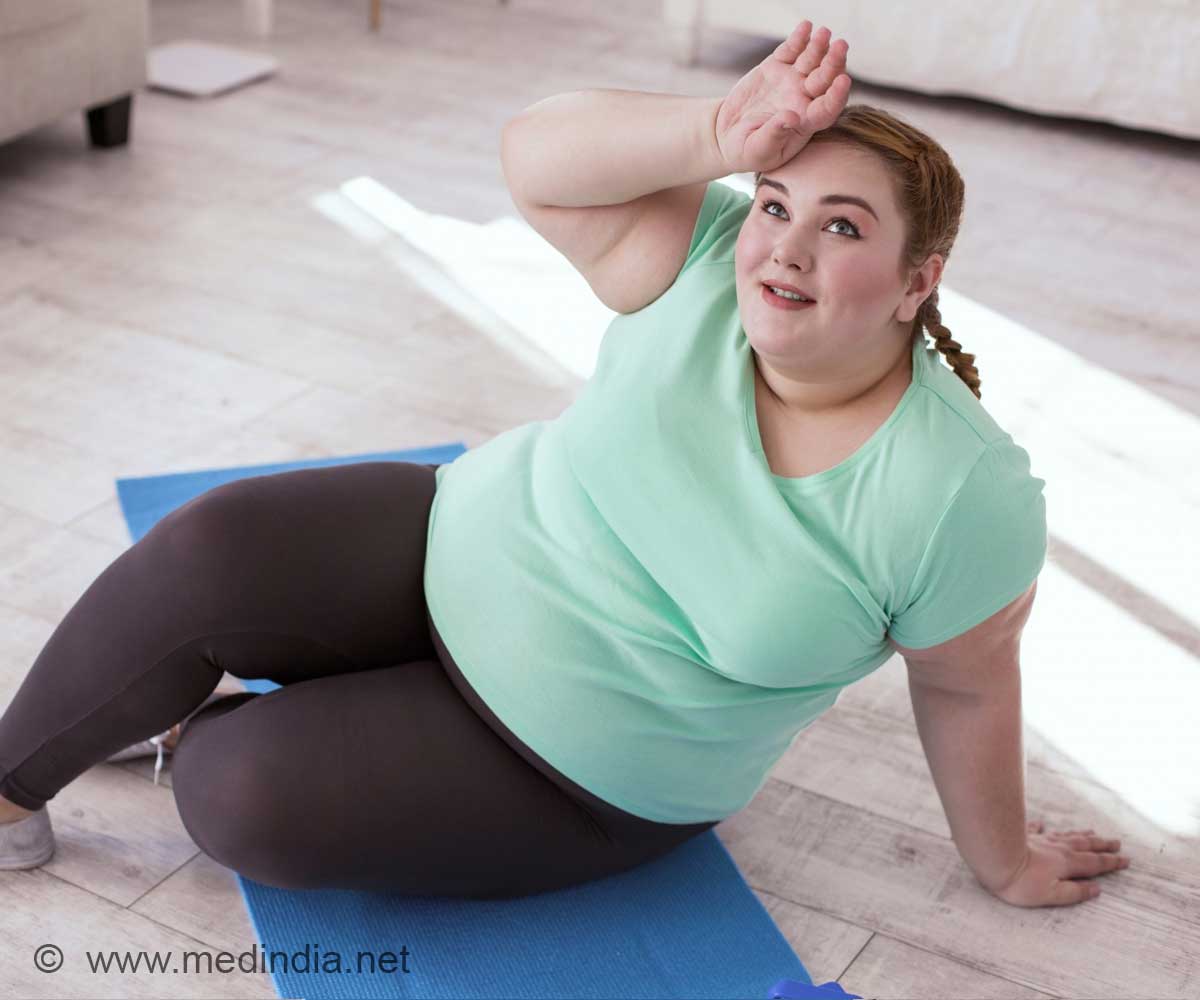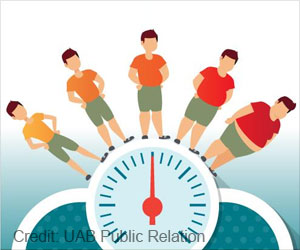Being obese and overweight from childhood to midlife can ultimately lead to a wide range of physical difficulties such as climbing stairs and lifting objects in your 50s, reveals a new study.

‘Long duration of obesity can ultimately lead to a wide range of physical difficulties such as climbing stairs and lifting objects in your 50s.’
Read More..




The study found that those who became obese in early life had more than double the risk of difficulties with such tasks than those who were never obese.Read More..
Longer duration of obesity had the most impact on risk, the study found, with those becoming obese in middle age having a smaller increase in risk. For example, men who became obese between the ages of 45 and 50 faced an increase in the risk of about 50%, while for women, the risk increase was 78%. The authors suggested this was likely because people who were obese for longer were also more likely to have a higher BMI by the age of 50.
Dr. Nina Rogers (UCL Epidemiology & Public Health), the lead author of the study, said: "The prevalence of obesity at younger ages is increasing. Since obesity in childhood often tracks into adulthood, it is likely that more people will spend increasing periods of their life living with obesity.
"Our study, therefore, emphasizes the importance of preventing and delaying the onset of obesity in order to mitigate the risk of poor physical functioning in middle age."
The research team analyzed data from 8,674 participants from the 1958 National Child Development Study, a birth cohort study that has followed thousands of people from when they were born in 1958 through to midlife.
Advertisement
Physical functioning was assessed with a validated questionnaire that asked participants how able they were to do the physical tasks of daily living such as carrying shopping, bending, kneeling, climbing up stairs and walking moderate distances. The most limited 10 percent of respondents in each gender were classed as having poor physical functioning.
Advertisement
The authors said that being able to carry out everyday physical tasks, such as those examined, was important as it enabled people to live independently, work or volunteer for longer, and engage more with friends, family and the community around them.
Dr. Pinto Pereira (UCL Epidemiology & Public Health), the senior author of the study, said: "Adults need to be able to perform the physical tasks of daily living in order to live independently and this is particularly important in the context of an aging population. Examining physical functioning in middle age is crucial because there may be scope to intervene to delay or possibly reverse poor physical functioning before older ages when problems may be harder to alter."
Source-Eurekalert















